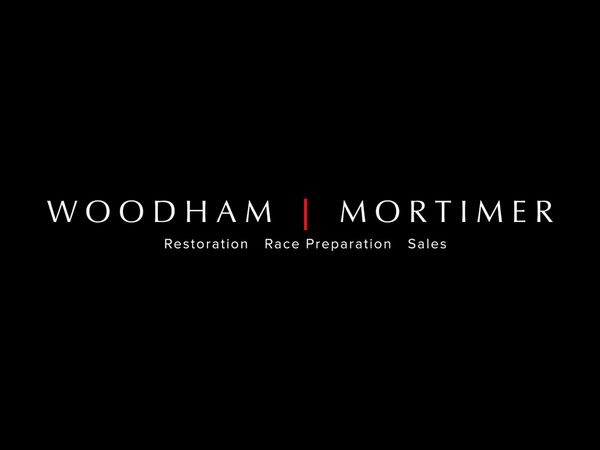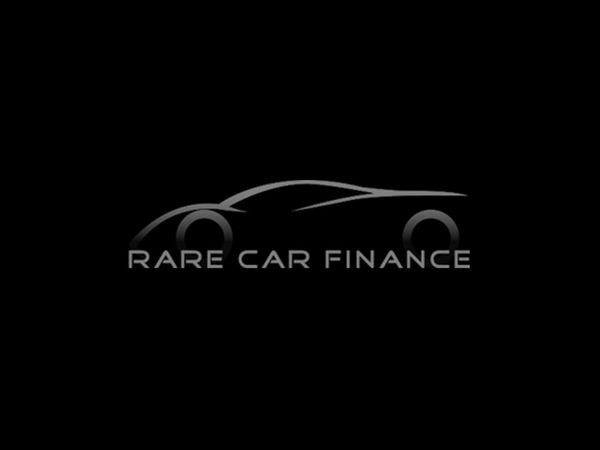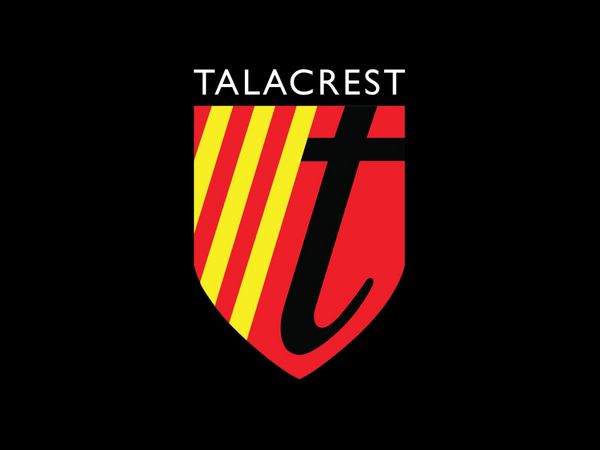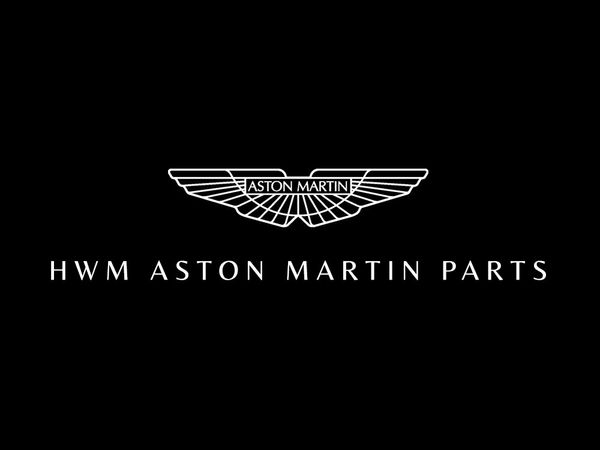Credit Suisse Historic Racing Forum provides lively opening to the 8th Grand Prix de Monaco Historique weekend
Former F1 drivers Jochen Mass and Emanuele Pirro join historic racers Alain de Cadenet and Duncan Dayton to debate: ‘Is historic racing better than Formula 1?’
Monaco, May 11, 2012 The Credit Suisse Drivers Club in Monaco played host this morning to an engaging 1st Credit Suisse Historic Racing Forum in front of a capacity audience.
Media, VIPs and many of the historic racers themselves listened in as respected motoring journalist Simon Taylor acted as mediator for a frank and lively panel of racers with wide experience of F1, endurance racing and historic events over the past 40 years.
Jochen Mass, the former F1 driver and McLaren team-mate of James Hunt, joined former F1 driver and multiple Le Mans winner Emanuele Pirro, media personality and long-time racer Alain de Cadenet and ten-times Monaco Historique winner Duncan Dayton at the Forum. The hour-long session covered a wide range of topics comparing modern and old racetracks, the corporate nature of today’s F1 world against that of yesteryear, and the regimes, diets and personalities of what many consider F1’s golden era, the 1970s, with today’s super-professionalism. Below is a selection of views and opinions of the panelists:
On how F1 used to be…
Jochen Mass: “No F1 car was ever the same, in how it behaved from the start of the race to the end. The demands on the drivers now are technically entirely different from how it was back then (the 1970s). Today, coping with tyre degradation has become a major part of how a modern day F1 driver wins a race. Back then, everything was changing from one lap to the next.
“There has been a shift in F1’s culture – a shift from being primarily about the very best drivers, to now also being about the very best designers and engineers.”
Alain de Cadenet: “The priorities in F1 are very different compared to what they used to be. If you wanted to be an F1 driver back then, it was an attainable goal for many more people. I was able to buy a three-year-old car for one of my friends to drive in a Grand Prix – it wasn’t a multi-million-dollar operation then. And finding yourself a bit of sponsorship wasn’t just open to the big operators. You made what you could out of it.
“But now, F1 is a huge business, and in becoming so hugely successful a lot of the fun has been taken out of it. ”
Duncan Dayton: “Formula 1 cars were quite distinctive at that time. The problem you have today is that if you painted all the cars the same color, you probably couldn’t tell the difference between, say, a Red Bull and a Williams. To that extent, the romance has gone out of today’s F1 racing”
On the charm of historic racing…
Emanuele Pirro: “To me, historic cars are tangible, living things. The car talks to you in a gentle way, it has personality…if it’s a Ferrari, it speaks to me in Italian!
“Motorsport is the only sport that has a vintage division – you wouldn’t find Cassius Clay getting back in the ring, or Pele getting back on the football field.
“At the same time, it is good to see so many young people here. You should realise that historic racing doesn’t always have to be for historic people!”
Alain de Cadenet: “Historic racing still allows the spectators to look closely at the cars, and chat to the drivers. You get a real feel of things… you meet the real people behind the wheel. Nobody is hiding away in an air-conditioned motorhome.”
Duncan Dayton: “Cars of that era can get out of shape more easily, which is fun for the spectators to watch. The driver is as likely to be steering the car with his right foot as with his hands on the wheel.”
Jochen Mass: “Vintage racing has sex appeal.”
On yesterday’s F1 personalities…
Jochen Mass: “There’s no doubt there was a lot of camaraderie between F1 drivers – we have lost some of that and we have lost some of the characters.”
Alain de Cadenet: “Talking of personalities, James Hunt was encouraged by his tobacco sponsor, Marlboro, to have a fag in his mouth and a glass in his hand. It was seen as cool and there was no corporate pressure to discourage him from doing that.”
Emanuele Pirro: “Perhaps the media is partly responsible for today’s lack of personalities. People want to read about drivers’ indiscretions, so drivers are careful not to upset their sponsors and put a foot wrong.”
On today’s professionalism…
Duncan Dayton: “With its current popularity, I have to say that there is some danger of historic racing becoming too serious and too professional. If you start pushing the (historic) car beyond its natural inherent capabilities, disaster will follow.”
Emanuele Pirro: “I have always been so passionate about racing that I would, all my career, have raced for nothing. I would have cut off my arm to race.
“Nowadays, the salaries for the top drivers are not in the normal world, and all the emphasis is placed on getting right to the top. If you aren’t on the top step of the podium, you are forgotten. It is a general fault with today’s culture, when second place means nothing. ”
Jochen Mass: “There should be a prize for the driver who finishes last but one: at least he has beaten somebody!”
On motor racing safety…
Jochen Mass: “Of course we are all thankful that today we have a much safer sport… but if the sport is too safe then priorities will lie elsewhere, such as with making money.”
Emanuele Pirro: “No-one wants the level of danger we had before, but I don’t understand why today’s F1 tracks are quite so forgiving. The generous run-off areas on today’s tracks make it much more worth risking a trip off the correct line. If you make a mistake you should be punished – not with your life, but by being beaten by another driver who has got it right.
“For me as a racing driver, I get much more satisfaction from taking a corner on the limit where there is no run-off area, maybe a wall or a barrier at the edge of the track, than taking a corner on the limit where to get it wrong just means a trip through the run-off.”
On historic racing at Monaco…
Jochen Mass: “To have a good lap here, or a good race, you need to get into a rhythm. When I went well here, I forgot that the walls and curbs and barriers were there, I just got into a flow. Other times, when I had a less competitive car, which I was trying to qualify, I ended up over-driving it. That doesn’t work at Monaco.”
Alain de Cadenet: “What is delightful about this event is that it allows a passionate amateur racer to get into a car and have a go on this famous and magical street circuit.
“Monaco really is the St. Andrews golf course of motor racing.”



























